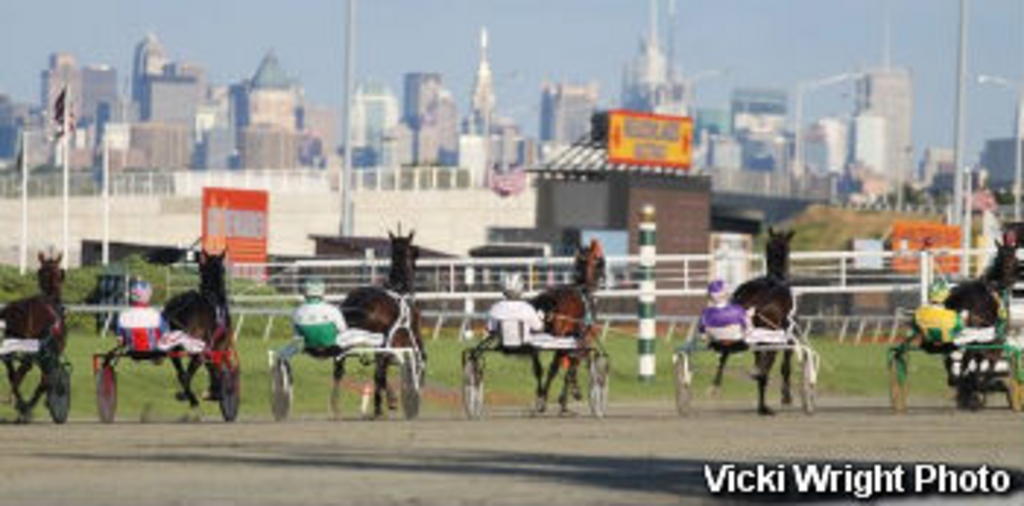
The Rutgers Equine Science Center recently released an independent in-depth report of the impact of slot machines or video lottery terminals on the horse racing and breeding industry, and agriculture and open space
.
The study, published by the Hall Institute of Public Policy, is a follow-up to a 2006 white paper written by Dr. Karyn Malinowski, director of the Equine Science Center at Rutgers, The State University of New Jersey.
Neighbouring states (New York, Pennsylvania, Delaware) offering slot machines or video lottery terminals at horse racing venues continue to attract tourism and gaming dollars away from New Jersey. This trend erodes expansion of the racing industry and could have disastrous consequences for the state’s economy. The Garden State stands to lose one of its premier agribusiness which generates $780 million of economic impact annually, 7,000 jobs, $110 million in federal, state and local taxes, and 57,000 acres of working agricultural landscape and open space if racing-related training and breeding farms leave New Jersey. These figures do not include the non-racing segment of the horse industry.
“The intent of the report is to provide an overview of what slot machines or video lottery terminals have done in states and provinces where they exist, in order to assist policy decision-makers in New Jersey as they deliberate racing’s future. Horse racing is the economic driving engine of the entire horse industry in the state and is extremely valuable to the quality of life in the form of agricultural working landscape; the horse racing and breeding industry are commodities worth saving in New Jersey,” says Malinowski.
In 2008, forty-four racetrack casinos (racinos) in the United States generated $6.19 billion in gross gaming revenues (a 17.2 percent increase over 2007); $2.59 billion in direct gaming taxes to state and local governments, and employed over 29,000 people. The racino market experienced growth, as a whole, even in view of a tough economic climate.
Empire City at Yonkers Raceway in New York was the top racino market in the United States, grossing $486.46 million in gaming revenue in 2008. Six of the top ten racetrack casino markets in the nation are located in the northeast region in close proximity to New Jersey. In 2006, New Jersey led the nation in total purses paid for harness racing. By 2008, New Jersey ranked third behind New York and Pennsylvania for total purses paid.
“In 2006, we predicted that as surrounding states incorporate slot machines and video lottery terminals into their gaming portfolio, the horse racing industry would not be the only industry impacted, but the entire casino/gaming industry would feel effects as well,” says Malinowski.
The installation of video lottery terminals at New Jersey racetracks has the potential to be a “win-win” situation for both the racing and casino industries. The revenue would enhance the state budget significantly and provide capital for use by the horse racing industry to keep it competitive.
“Our goal was to provide the newly appointed Governor’s Commission on the Future of the Horse Racing Industry with a synopsis of what is now known and to make projections and suggestions on how this timely information will impact New Jersey,” says Malinowski.
Racinos would add jobs to the state, during construction and renovations of the racetracks as well as during operation. Video lottery terminals run by the operators of Atlantic City casinos would help these interests diversify sources of revenue.
To date, the entire New Jersey equine industry (including racing & non-racing interests) is valued at $4 billion and generates $1.1 billion annually in positive impact on the New Jersey economy. The industry also supports 13,000 jobs and pays an estimated $160 million annually in federal, state, and local taxes.
For a copy of the full report, click here.
(Rutgers)

